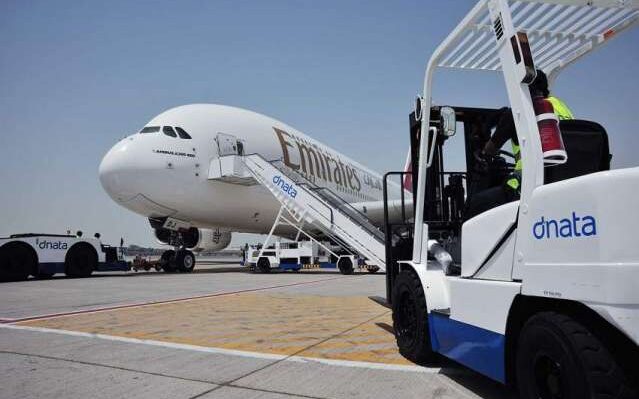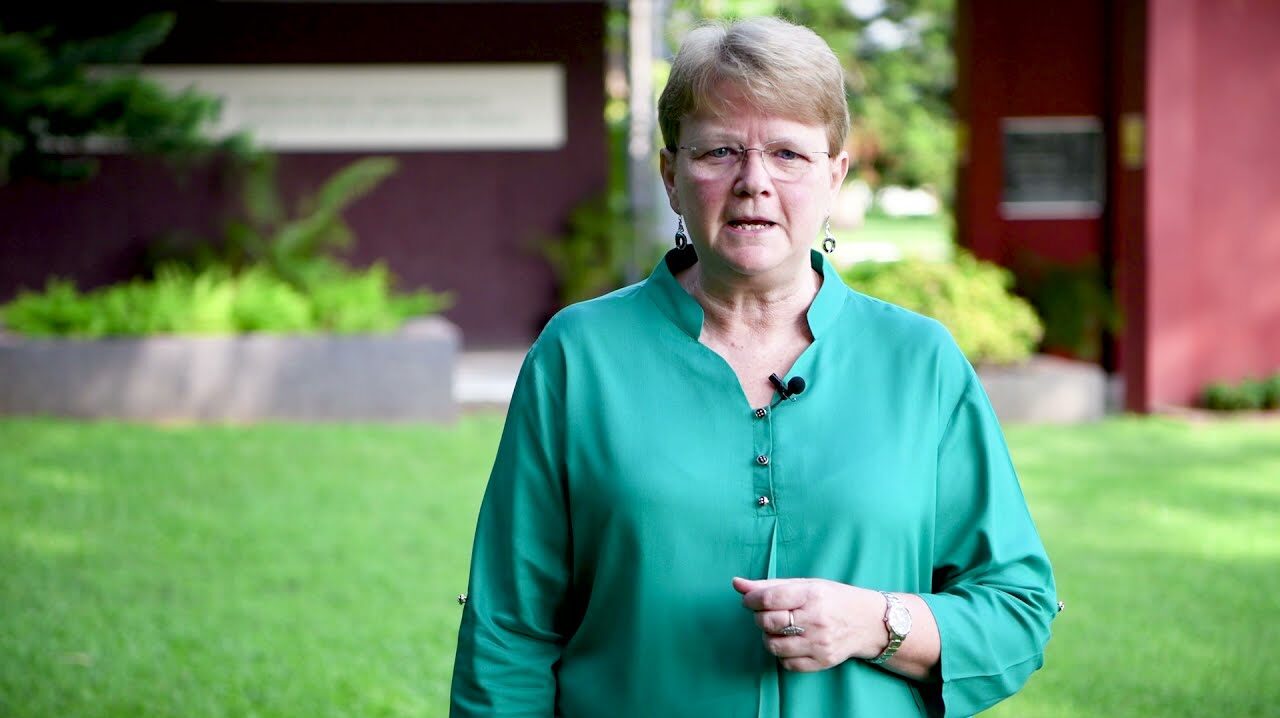Switzerland, March 7, 2019: The United Nation human rights chief Michelle Bachelet warned India that its “divisive policies” could undermine economic growth, saying that narrow political agendas were marginalizing Muslims and other minorities in an already unequal society.
“We are receiving reports that indicate increasing harassment and targeting of minorities – in particular Muslims and people from historically disadvantaged and marginalized groups, such as Dalits and Adivasis,” Michelle Bachelet, the UN High Commissioner for Human rights said in her annual report to the U.N. Human Rights Council in Geneva.
The high commissioner said, “In India, where there has also been significant poverty reduction in overall terms, inequality remains a serious issue.
“In addition, we are receiving reports that indicate increasing harassment and targeting of minorities – in particular Muslims and people from historically disadvantaged and marginalized groups, such as Dalits and Adivasis. It appears that narrow political agendas are driving the further marginalization of vulnerable people.
“I fear that these divisive policies will not only harm many individuals, but also undermine the success of India’s economic growth story,” she added.
In her remarks, the UN human rights chief focused on the threat posed by growing global inequality over income, wealth and access to resources and justice.
“In recent months we have seen people across the world take to the streets to protest,” Bachelet said, referring to a recent wave of protests in Sudan, as well as protests in Haiti and France.
She also warned of the “existential threat” of hate speech and xenophobia.
Ms Bachelet expressed concern that the demands of citizens protesting against inequality were being met by “violent and excessive use of force, arbitrary detentions, torture and even alleged summary or extrajudicial killings”.
She also criticized Israel over its blockade of Gaza, and said she regretted Israel’s “immediate dismissal” of a report by a UN Human Rights Council commission of inquiry, “without addressing any of the very serious issues raised”.
“In the West Bank, settlements affect all aspects of Palestinians’ daily lives, including significant negative impact on freedom of movement, and access to work, education and healthcare,” the high commissioner said.
“Imposing economic hardship on Palestinians does not make Israelis safer,” she added.

























































































































































































































































































